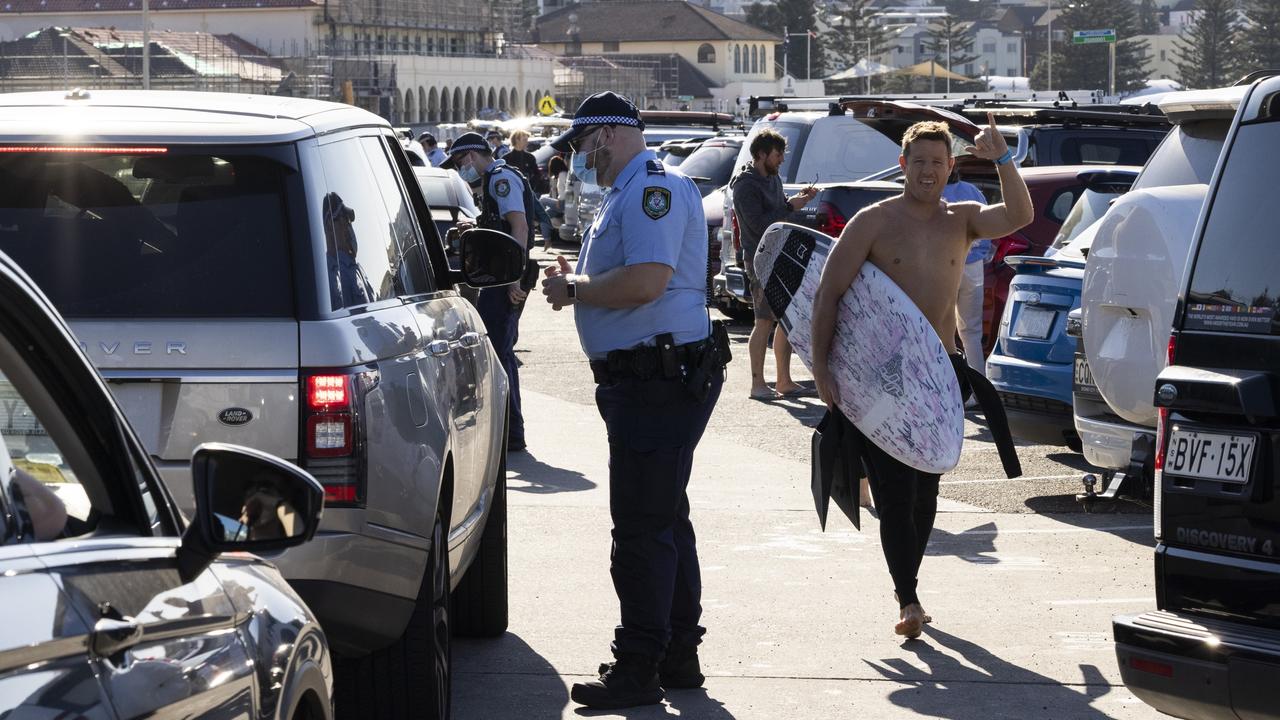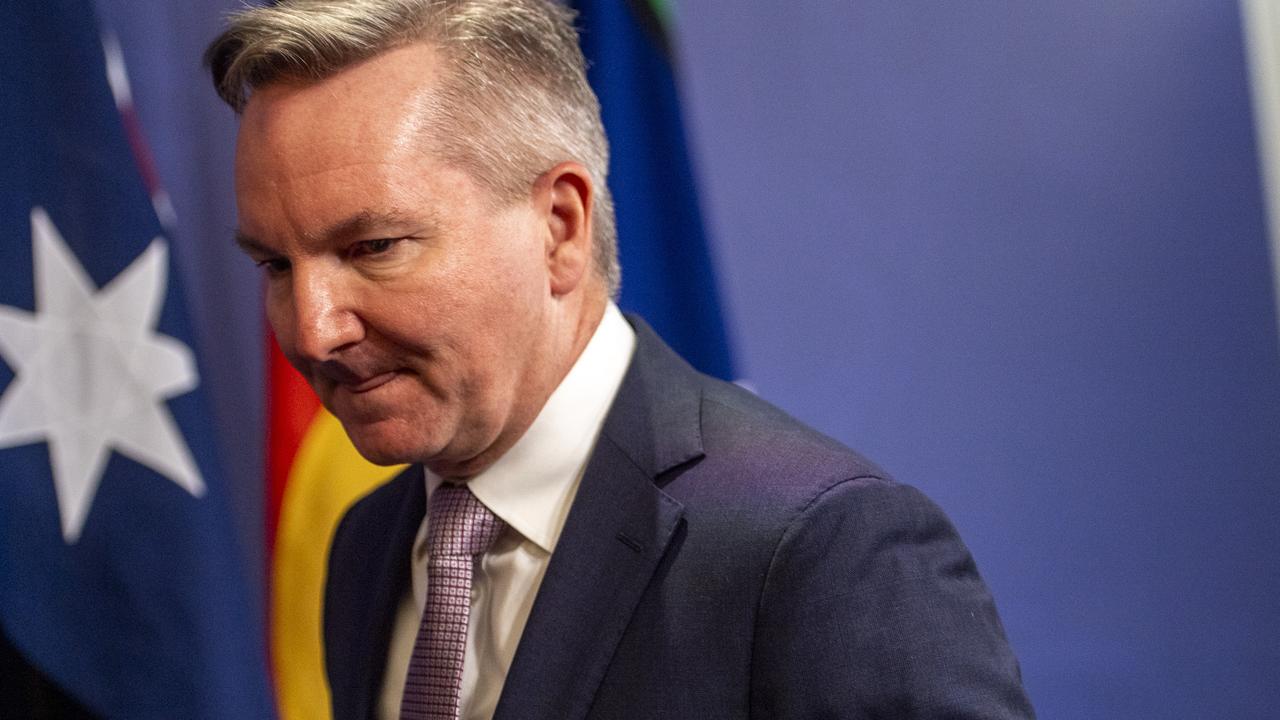David Hicks’ Gitmo transfer a possible legal model for Bali Nine return
Under Australian law, there are no provisions for granting a pardon or early release to Australians convicted overseas and transferred home.
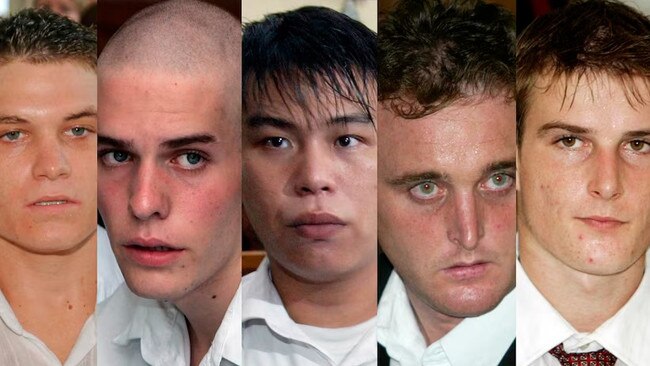
The proposed prisoner transfer of five remaining Bali Nine convicts is a legal minefield that will likely require a one-off, “bespoke” agreement between Indonesia and Australia similar to the one that allowed the return of accused terror supporter David Hicks from Guantanamo Bay, international law expert Donald Rothwell says.
The advice comes ahead of scheduled talks in Jakarta on Tuesday between Home Affairs Minister Tony Burke and Indonesia’s Co-ordinating Minister for Law, Human Rights, Immigration and Corrections Yusril Ihza Mahendra aimed at ironing out details of the men’s return.
Matthew Norman, Si Yi Chen, Martin Stephens, Michael Czugaj and Scott Rush have all served more than 19 years of their respective life sentences in prisons across Bali and Java for attempting to traffic 8.3kg of heroin from Bali to Australia in 2005.
Alleged ringleaders Andrew Chan and Myuran Sukumaran were executed in 2015 while Renae Lawrence, the only female of the group, was released in November 2018.
The ninth Australian to be convicted, Tan Duc Thanh Nguyen, died of cancer earlier that same year.
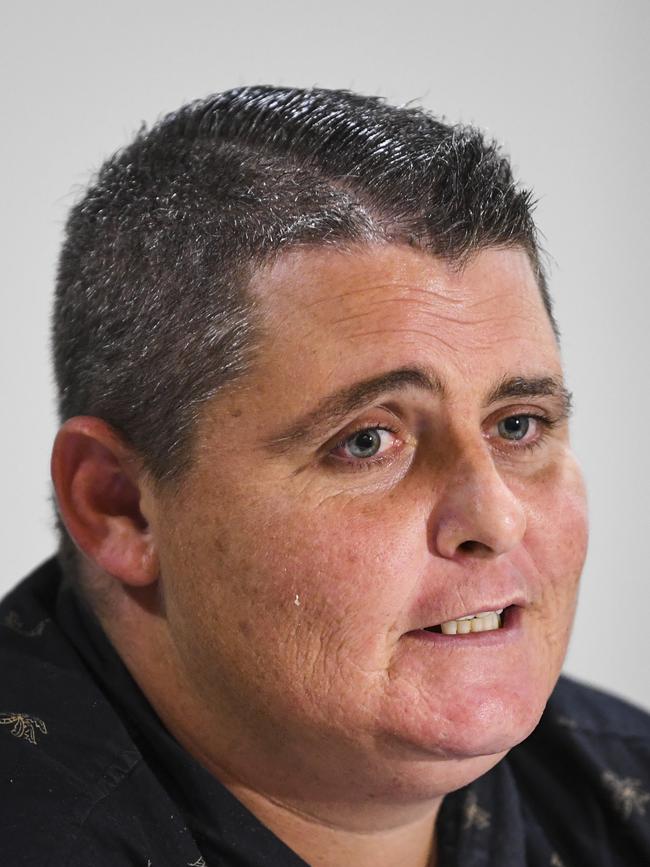
The Indonesian government has said it hoped the men could be transferred to Australian prisons before the end of the year, after Anthony Albanese raised the issue with President Prabowo Subianto on the sidelines of last month’s APEC summit in Peru.
Australian National University’s Professor Rothwell told The Australian there were no legal provisions for Australians convicted of crimes overseas to serve further time in prisons at home.
Nor was there any provision under current commonwealth legislation regarding international prisoner transfers for Australian authorities to grant a pardon or early release to Australians convicted overseas.
“The one possible solution I can see is that Tony Burke and his Indonesian counterpart could this week agree upon a memorandum of understanding which is a less formal legal instrument that can be quickly negotiated and does not require formal ratification,” Professor Rothwell said.
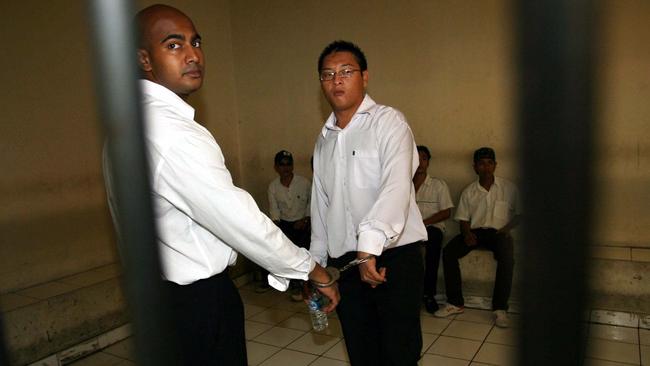
“It could be quite a bespoke instrument that would deal with the particular circumstances of Norman and the others, and there could be flexibility written into that MOU that could make an allowance for Australia granting a pardon or early release.”
Such an agreement could ultimately pave the way for a formal international transfer of prisoner treaty between Australia and Indonesia, similar to the 2001 agreement with Thailand.
Any chance of the two government’s resolving the issue before the end of the year would require “quick work and innovative legal thinking from government lawyers on both sides”, he added.
The only recent legal precedent for detaining Australians convicted of crimes abroad was that involving the negotiated return under the former Howard government of David Hicks from the US military facility in Guantanamo Bay, Cuba, in 2007 after he pleaded guilty in a military court to providing material support to terrorists in Afghanistan.
Mr Hicks was transferred in May 2007 to Australia, where he served the remaining seven months of a seven-year sentence in a South Australian prison.
His conviction was overturned by a US court eight years later on appeal.
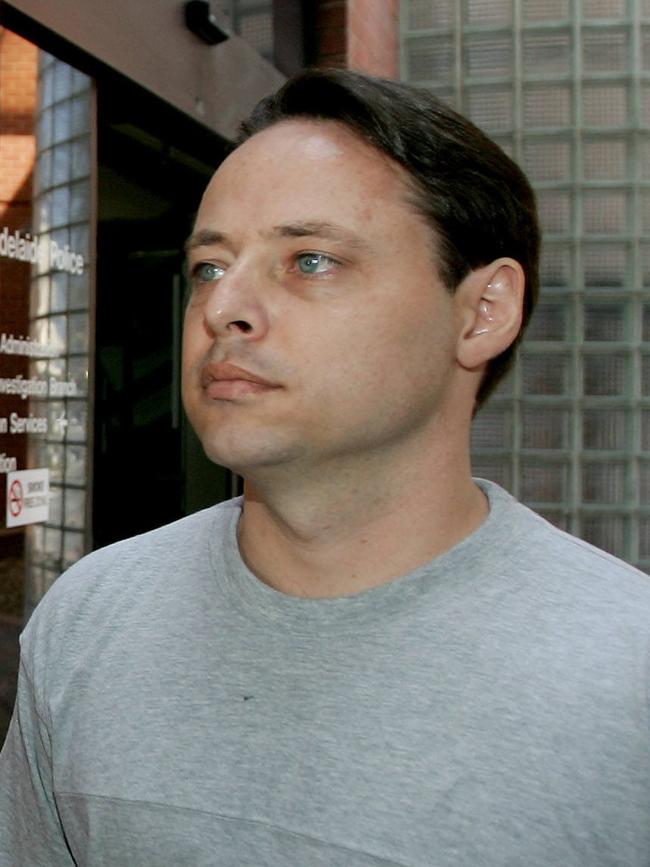
“The Hicks scenario demonstrates the capacity for bespoke arrangements to be quickly entered into,” Professor Rothwell said.
Mr Burke has kept his comments brief ahead of his departure, saying only that he respected Indonesia’s justice system and would be approaching negotiations this week “with a good deal of humility”.
Mr Mahendra told The Australian last Thursday that Indonesia was “serious” about negotiating a pathway through the legal quagmire that would also allow for the return of some Indonesian prisoners held in Australian jails.
Australian governments have for years sought the return of the remaining Bali Nine but it was only after the October inauguration of Mr Prabowo, a former Special Forces commander with a patchy human rights record, that the push was given fresh impetus.
The Indonesian government is negotiating similar agreements for the transfer of Philippines woman Mary Jane Veloso and Frenchman Serge Atlaoui, both convicted in Indonesia of drug crimes and sentenced to death.
It has made it clear that none of those prisoners is being pardoned, and that it expects all those returned to be transferred to prisons in their home countries.


